Farmers’ leaders have launched an attack on retailers, claiming they have not yet accepted that the removal of production-linked subsidies will have to mean higher shop beef prices.
National Beef Association chairman Robert Robinson said this week that buyers were failing to adapt to the “radically different” market pressures that would result from CAP reform on January 1.
“The simple link between subsidy removal and an adjusted rise in ex-farm, wholesale and retail prices for home-produced products like beef has still to be acknowledged by industry managers. They are giving every sign that their medium term purchase and pricing tactics will remain,” Robinson said.
“Too many retailers think that the current price levels should continue, even though it means they would very quickly kill off their UK and EU supply base.”
However, there is mounting opinion in the industry that the NBA should change tack. One source said the NBA’s comments were the last thing buyers wanted to hear.
“If you’re a retail buyer you’re going to be wondering what will be happening after January 1, how farmers will react and what it will mean for the market.
“At the moment all you’ve got to go on is the NBA peddling doom and gloom about British beef farmers going out of business. What greater incentive is there to start sourcing your beef from abroad?”
Meanwhile, Stuart Thomson, associate director at the English Farming & Food Partnership, said there were constructive noises coming from the retail sector about life after January 1.
“We have talked to the supermarkets and what they want is to work in partnership with farmers,” he said.
Production-linked subsidies are to be phased out on January 1 and replaced with a single farm payment to recognise good environmental practice.
Richard Clarke
National Beef Association chairman Robert Robinson said this week that buyers were failing to adapt to the “radically different” market pressures that would result from CAP reform on January 1.
“The simple link between subsidy removal and an adjusted rise in ex-farm, wholesale and retail prices for home-produced products like beef has still to be acknowledged by industry managers. They are giving every sign that their medium term purchase and pricing tactics will remain,” Robinson said.
“Too many retailers think that the current price levels should continue, even though it means they would very quickly kill off their UK and EU supply base.”
However, there is mounting opinion in the industry that the NBA should change tack. One source said the NBA’s comments were the last thing buyers wanted to hear.
“If you’re a retail buyer you’re going to be wondering what will be happening after January 1, how farmers will react and what it will mean for the market.
“At the moment all you’ve got to go on is the NBA peddling doom and gloom about British beef farmers going out of business. What greater incentive is there to start sourcing your beef from abroad?”
Meanwhile, Stuart Thomson, associate director at the English Farming & Food Partnership, said there were constructive noises coming from the retail sector about life after January 1.
“We have talked to the supermarkets and what they want is to work in partnership with farmers,” he said.
Production-linked subsidies are to be phased out on January 1 and replaced with a single farm payment to recognise good environmental practice.
Richard Clarke










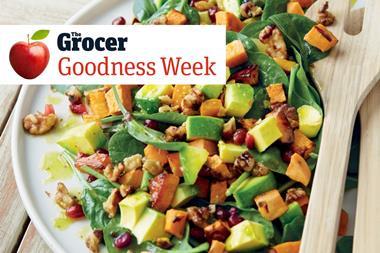


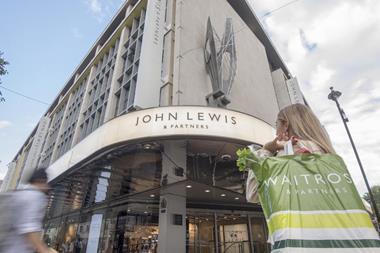
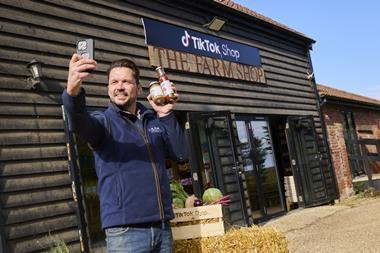

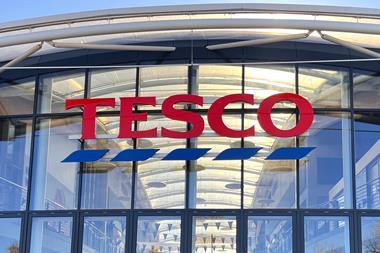

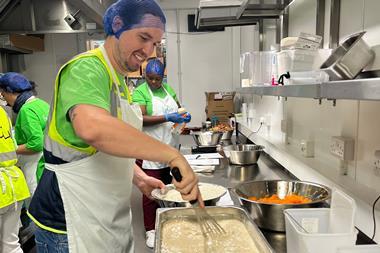
No comments yet